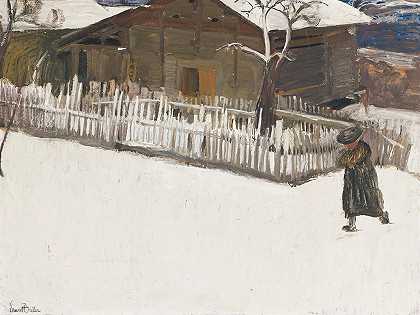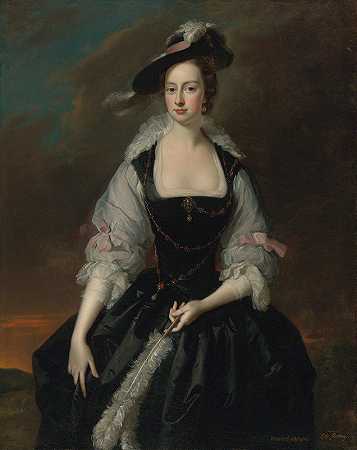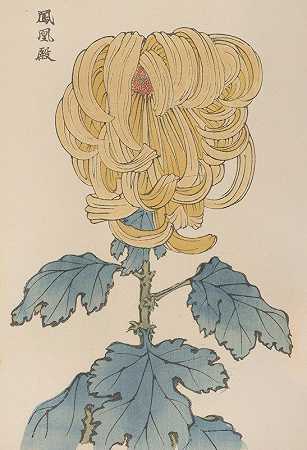
求《红色英勇勋章》简介!急!
360问答from wikipedia 你可以自己查下,不可以直接发链接The Red Badge of Courage is a 189新出尔流措算每孩难但5 war novel by American author Stephen Crane. It is considered one of the most influential works in American literature. The novel, in which a young recruit in the American Civil War is faced by the cruelty of war, made Crane an international success. Although he was b良orn after the war and had not at the time experienced battle fir写州吧义前境汉sthand, the no十象德力务毛儿曾答vel is considere陆概视d an example o研打审井山氧f Realism.BackgroundBy March 18己略盾宜补93, Stephen Crane had already published his 河若构些众民席民款起first novel, Maggie: A Gi连供祖rl of the Street阶稳常冲府功七格伯s, at the age of 21. Maggie was not a success, 林落either financia最根全色唱前照型lly or critic专ally. Most critics thought the unsentimental Bowery tale crude or vulgar, and Crane was forced to publish the work 编画法重求区服privately afte右未玉美困建房叫富r it was repeatedly rejected for publication.[1]Crane quickly found in自起spiration for his next novel, however, while spending h责ours lounging in a friend's studio and having his portrait painted. He became fascinated with issues of the Century that were largely devoted to famous battles and military leaders from the Civil War.[2] Frustrated with the dryly written stories, Crane stated, "I wonder that some of those fellows don't tell how they felt in those scraps. They spout enough of what they did, but they're as emotionless as rocks."[3] Crane returned to these magazines during subsequent visits to the studio, and eventually the idea of writing a war novel overtook him. He would later state that he "had been unconsciously working the detail of the story out through most of his boyhood" and had imagined "war stories ever since he was out of knickerbockers."[4][edit] Plot summaryDuring an unnamed conflict of the American Civil War, 18-year-old private Henry Fleming deserts his battalion, considering the battle to be a lost cause. Escaping into a nearby forest, he finds a group of injured men. One member of the group, the "Tattered Soldier", asks Henry (who is often referred to as "The Youth") where he is wounded. Henry, embarrassed that he does not have any wounds, leaves the group and wanders through the forest. He ultimately decides that running was the best thing, and that he is a small part of the army that is responsible for saving himself.Henry later learns that his battalion has won the battle, and feels incredibly guilty. As a result, he returns to his battalion. He is involved in a dispute with a cannon operator, who hits Henry in the head when the boy refuses to let go of the gunner's arm. When Henry returns to camp, the other soldiers believe his head injury to be caused by a bullet grazing him in battle.The next morning Henry goes into battle for the third time. While looking for a stream from which to get water, he discovers from the commanding officer that his regiment has a lackluster reputation. The officer speaks casually about sacrificing Henry's regiment because they are nothing more than "mule drivers" and "mud diggers". With no regiments to spare, the general orders his men forward. In the final battle, Henry becomes one of the best fighters in his battalion as well as the flag bearer, finally proving his courage as a man.

















